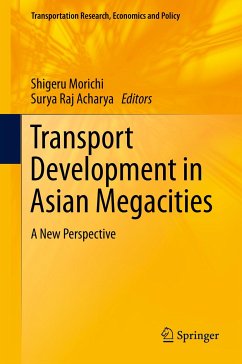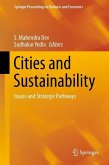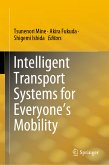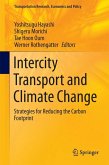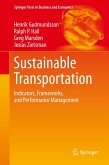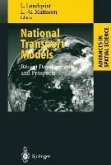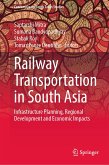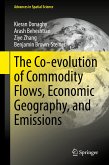The rapid growth of the Asian urban population concentrates on a few large cities, turning them into giant megacities. Despite new theoretical insights into the benefits of megacities, the emerging Asia is facing a daunting challenge concerning the management of infrastructure and services in their megacities. The deteriorating urban mobility is the most difficult challenge with respect to the sharp increase in vehicle numbers and to inadequate and poorly managed road infrastructure. Public transport, a sustainable mode of mobility, is subjected to a vicious cycle of poor service, decreasing ridership and lower investment. Despite various policy initiatives, the situation has not improved. The scale and growth pattern of Asian megacities have distinctive features which generate a unique set of challenges and opportunities. New perspectives are needed to effectively address the transportation problems making the best use of available opportunities. This book, which is a result of an international collaborative research, addresses these challenges by providing insightful analysis and novel viewpoints.
Dieser Download kann aus rechtlichen Gründen nur mit Rechnungsadresse in A, B, BG, CY, CZ, D, DK, EW, E, FIN, F, GR, HR, H, IRL, I, LT, L, LR, M, NL, PL, P, R, S, SLO, SK ausgeliefert werden.
Hinweis: Dieser Artikel kann nur an eine deutsche Lieferadresse ausgeliefert werden.

